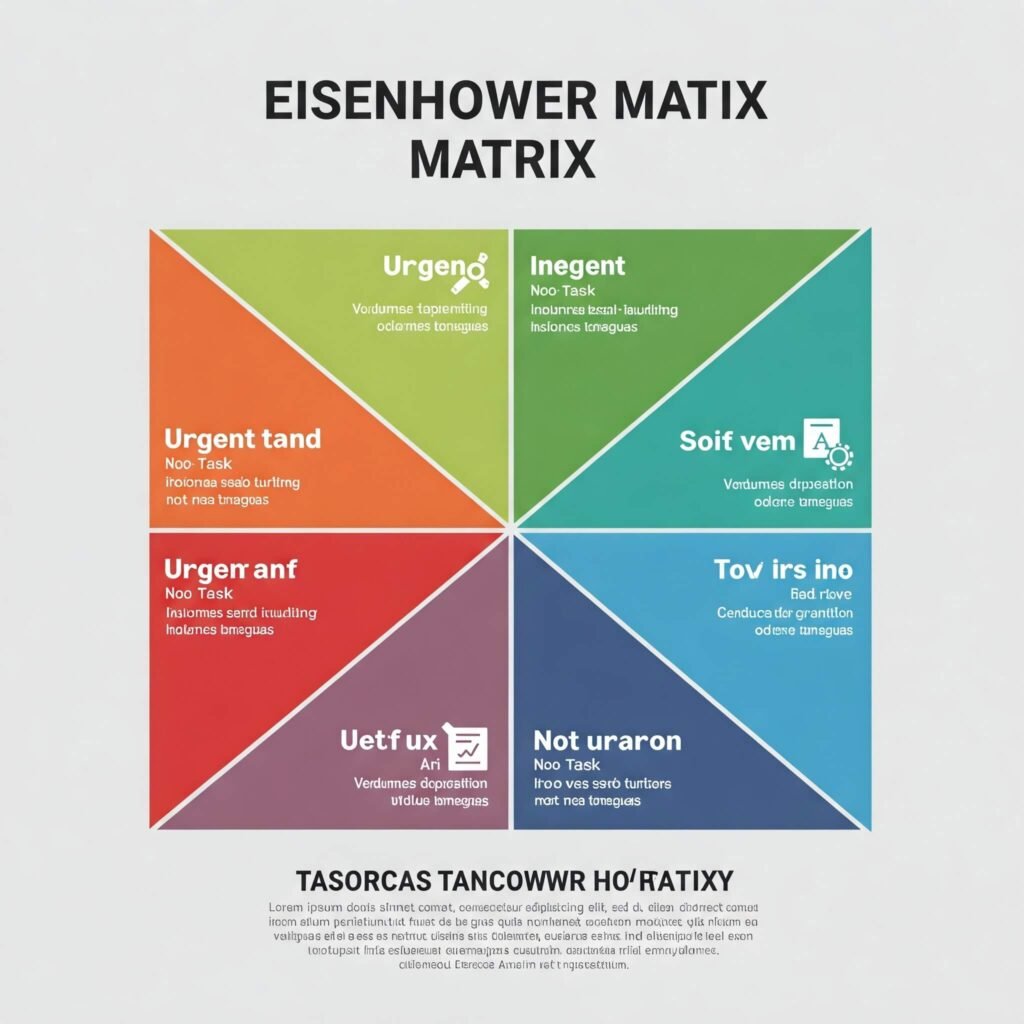Balancing school, work, and life is no easy feat, but with the right study techniques for busy students, you can learn faster and smarter without burning out. Whether you’re juggling a part-time job, extracurriculars, or family responsibilities, these strategies will help you maximize your study time and ace your exams. This guide offers actionable, research-backed tips to optimize your learning, boost retention, and make every study session count.
Let’s dive into practical study techniques that fit your hectic schedule and help you achieve academic success.
Why Study Techniques Matter for Busy Students
Effective study techniques for busy students are more than just hacks—they’re a lifeline. Research from the Journal of Educational Psychology shows that strategic study habits can improve retention by up to 40% compared to cramming. For students with packed schedules, learning smarter means working efficiently, not harder.
Here’s why these techniques are a game-changer:
- They save time by focusing on high-impact tasks.
- They improve memory and understanding.
- They reduce stress by making studying feel manageable.
Let’s explore the best ways to study smarter, starting with time management.
H2: Time Management: The Foundation of Smart Studying
Time is your most valuable resource, and mastering it is key to effective study techniques for busy students. Without a plan, you’re likely to waste hours on low-value tasks. Here’s how to make every minute count.
H3: Use the Pomodoro Technique to Stay Focused
The Pomodoro Technique is a time-tested method to boost productivity. Work for 25 minutes, then take a 5-minute break. After four cycles, take a longer 15–30-minute break. This keeps your brain fresh and prevents burnout.
Real-World Example: Sarah, a nursing student, used Pomodoro to study for her exams while working night shifts. By breaking her study sessions into short bursts, she retained more and felt less overwhelmed.
Actionable Tip: Use apps like Focus@Will or Forest to track your Pomodoro sessions.
Outbound Link: Learn more about the Pomodoro Technique at Francesco Cirillo’s official site.
H3: Prioritize with the Eisenhower Matrix
Not all tasks are created equal. The Eisenhower Matrix helps you categorize tasks into:
- Urgent and Important: Do these immediately (e.g., upcoming exam prep).
- Important but Not Urgent: Schedule these (e.g., long-term projects).
- Urgent but Not Important: Delegate or minimize (e.g., emails).
- Neither Urgent nor Important: Eliminate (e.g., mindless scrolling).
Actionable Tip: Spend 5 minutes each morning sorting your tasks to focus on what drives results.

H2: Active Learning: Study Smarter, Not Harder
Cramming doesn’t work—active learning does. These study techniques for busy students engage your brain to help you learn faster and retain more.
H3: Practice Active Recall
Active recall involves testing yourself on the material instead of passively re-reading notes. Studies from ScienceDirect show it improves retention by 50% compared to highlighting or re-reading.
How to Do It:
- After reading a chapter, close the book and write down everything you remember.
- Use flashcards (digital apps like Anki or Quizlet are great).
- Teach the material to a friend or even to yourself out loud.
Real-World Example: Jake, a college sophomore, used active recall to ace his biology finals. By quizzing himself daily, he cut his study time in half.
Outbound Link: Explore Anki for free at AnkiWeb.
H3: Leverage Spaced Repetition
Spaced repetition involves reviewing material at increasing intervals to lock it into long-term memory. This is perfect for busy students who can’t study for hours daily.
Actionable Tip: Use apps like SuperMemo or Quizlet to schedule reviews. Start with daily reviews, then space them out to every few days or weeks.

H2: Optimize Your Study Environment
Your environment can make or break your focus. These study techniques for busy students ensure your space supports efficient learning.
H3: Minimize Distractions
A cluttered desk or noisy room kills productivity. Create a distraction-free zone:
- Turn off notifications or use apps like Cold Turkey to block social media.
- Use noise-canceling headphones or study in a quiet library.
- Keep your desk clean and organized.
Actionable Tip: If you’re studying at home, set up a dedicated corner with minimal distractions—no TV or snacks nearby.
H3: Use the Right Tools
Invest in tools that streamline your workflow:
- Note-Taking Apps: Tools like Notion or Evernote keep your notes organized.
- Calendar Apps: Google Calendar or Todoist help you track deadlines.
- Study Playlists: Instrumental music or white noise can boost focus.
Outbound Link: Check out Notion for free at Notion.so.

H2: Mindset and Motivation: Stay Committed
Even the best study techniques for busy students won’t work if you’re mentally checked out. Here’s how to stay motivated.
H3: Set Clear, Achievable Goals
Break your study goals into bite-sized chunks. Instead of “Study for finals,” aim for “Complete 10 flashcards today.” Small wins build momentum.
Actionable Tip: Write down one study goal each day and check it off when done.
H3: Reward Yourself
Positive reinforcement keeps you going. After a productive study session, treat yourself to a coffee, a short walk, or an episode of your favorite show.
Real-World Example: Maria, a part-time MBA student, rewarded herself with a movie night after finishing weekly assignments, which kept her motivated.
H2: Common Mistakes to Avoid
Even with the best study techniques for busy students, pitfalls can derail your progress. Here’s what to watch out for:
- Multitasking: Focus on one subject at a time for deeper learning.
- Overloading Your Schedule: Leave buffer time for unexpected delays.
- Skipping Breaks: Rest is essential for memory consolidation.
Actionable Tip: Review your study plan weekly to spot and fix bad habits.
Conclusion: Master Your Study Game
With these study techniques for busy students, you can learn faster, retain more, and stress less. Start small—try the Pomodoro Technique or active recall today—and build from there. By studying smarter, not harder, you’ll free up time for the things you love while still crushing your academic goals.
What’s your go-to study technique? Share in the comments below, and let’s keep the conversation going!








































